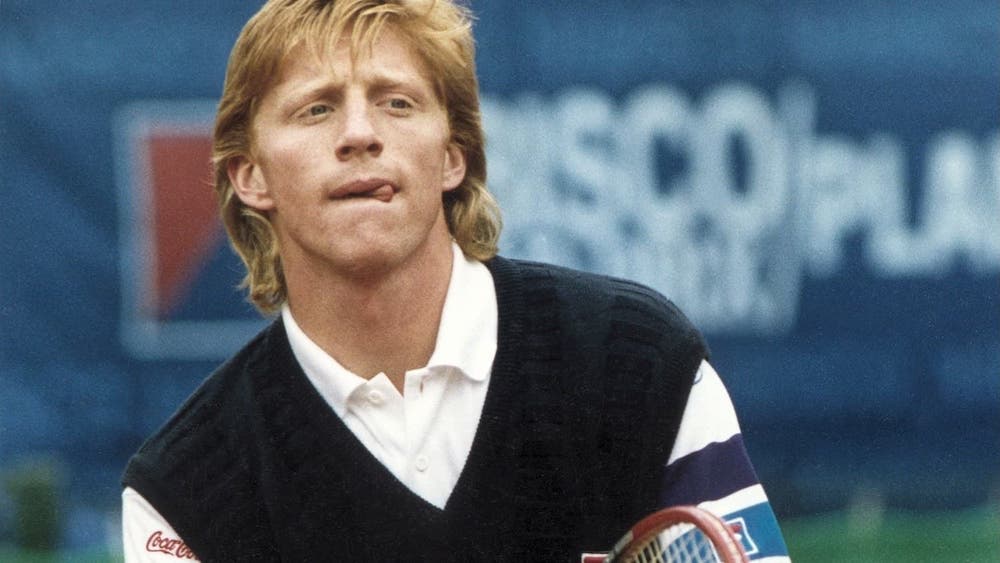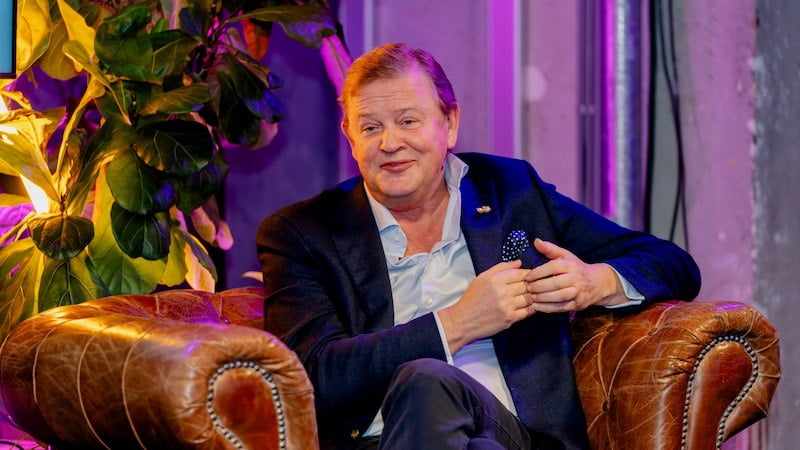Many organisations focus on outcomes but pay little to no attention to how these results are accomplished. To ensure that a team performs at its best, KPIs for mutual collaboration are crucial, writes Simone van Neerven.
Throw like a granny
In basketball, free throw means a player can shoot the ball at the basket without opponents trying to block. It is a crucial opportunity to score extra points for the team and could make or break a match. A player can choose to throw overhand or underhand. Researchers from Yale University showed that shooting underhand leads to the best results.
But there is a problem …
It’s not sexy, and basketball players call it the “granny style”. So, most players refuse to use it. Star player Lebron James scores an average of about 73%, while Shaquille O’Neal only scores just over half of his shots. But both refuse to improve their performance by using the underhand style. O’Neal once said, “I’d rather shoot 0% than shoot underhand.”
Former NBA player Rick Barry couldn’t care less and put his ego aside for the team’s sake. He was one of the most effective free-throw shooters of all time in basketball. When he retired in 1980, his underhand success rate was a whopping 90%, the highest ever in NBA history, and led to many of his team’s victories.
Individual ego or the interests of the group
The basketball example is not unique. Soccer player Cristiano Ronaldo always scores many goals. However, recent research shows that the performance of all the teams he played in slowly declined. He may have scored a lot, but that was at the expense of the performance of the other players.
James, O’Neal and Ronaldo are examples of super chickens in a team, a term originating from an experiment by evolutionary biologist William Muir in the 1990s. Muir wanted to see if he could create chickens that laid more and larger eggs than the rest. He made two groups of chickens that he could compare. The first group consisted of chickens that laid an average number of eggs. The second group contained chickens with higher individual productivity, the so-called ‘super chickens’.
The two groups lived separately, and, after a while, Muir checked how they were doing. The chickens in the first group were healthy and plump and laid an abundance of eggs. But when he went to the group of super chickens, he saw that only three were still alive, because they had pecked each other to death. It turned out that a super chicken was more productive at the expense of other chickens. By putting them together, the competition turned out to be so fierce that they attacked and killed each other.
Super chickens in the workplace affect the morale of the entire team
While super chickens will compete, fight and harm each other in a group to gain power and success, normal chickens thrive in an environment that they can improve through cooperation. They work as a well-oiled team and continuously make progress together.
Margaret Heffernan, a professor at the University of Bath, made the comparison to organisations and concluded that super chickens have a significant negative impact on the workplace. When one person wants to be the star, it causes problems for the rest of the team, especially if you want to move forward with your team. Because you may be able to identify a problem by yourself, coming up with the best solution is a creative process and a team effort.
Cover up and protect
While numerous studies show that teams that collaborate well achieve better results, there are still many super chickens at work. How come? When they achieve great results, a blind eye is turned if they behave stiffly, rudely, or even connivingly.
Thus, many organisations focus mainly on outcomes but pay virtually no attention to how these results are achieved. Just look at the KPIs of organisations; almost all centre on results, and none measure collaboration.
Simon Sinek once researched this topic among the Navy Seals, known for their top performance. The Seals assess people on two axes: how they perform and how they act. A Seal who achieves excellent results but cannot be relied upon is taken off the team. Well but not outstanding performing Seals that everyone trusts blindly, are seen as informal leaders who can bring out the best in every team member.
Dare to intervene
Super chickens are often the stars of a team, like Ronaldo. But a team that can work well together is much stronger than a brilliant individual. When Erik ten Hag had been coaching Manchester United for a few months, he boldly decided to remove Ronaldo, the supporters’ favourite, from the team. Do you also dare to intervene if you have a super chicken in your team who performs excellently, but unsettles the rest?
This article was originally published in Dutch on CHRO.nl – the platform for HR executives.
don’t miss out!
subscribe and get my columns straight into your mailbox


